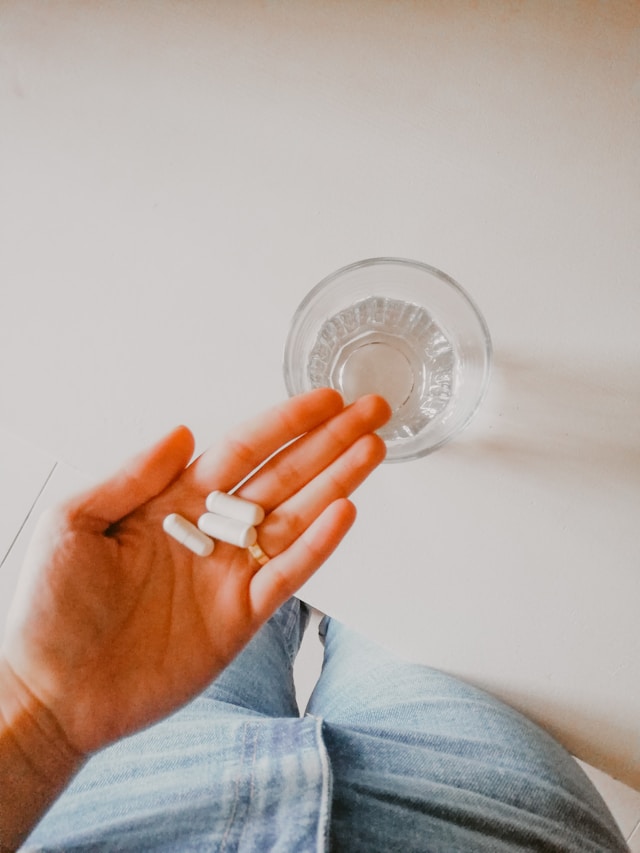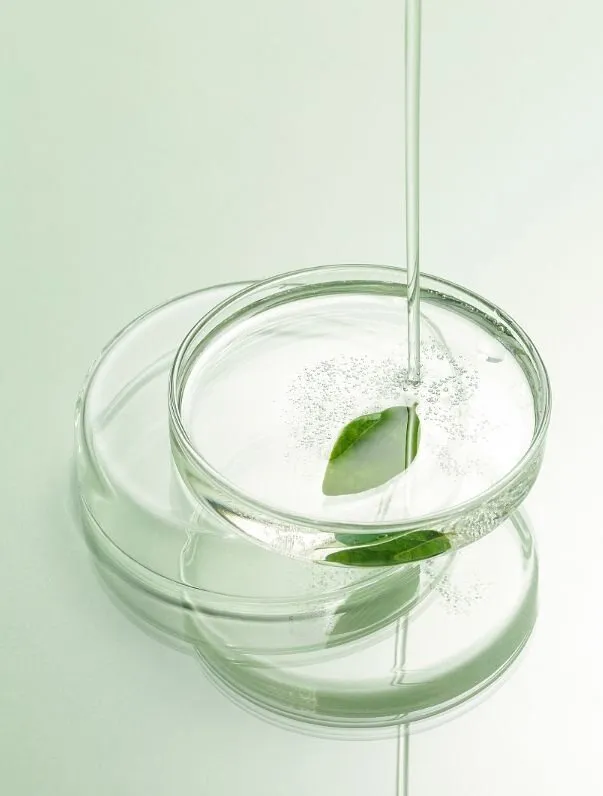Testosterone Supplements
Testosterone is the principal androgen hormone, vital for maintaining male health, including muscle strength, libido, mood regulation, and energy metabolism.
How Natural Ingredients Can Support Hormone Balance and Vitality in Men
Introduction to Testosterone and Its Role in Male Health
Testosterone is the principal androgen hormone, vital for maintaining male health, including muscle strength, libido, mood regulation, and energy metabolism. However, testosterone levels naturally decline at a rate of approximately 1–2% per year after the age of 30, leading to symptoms such as reduced physical performance, fatigue, and cognitive difficulties. Contributing factors include stress, nutrient deficiencies, and disruptions in hormonal feedback loops (Matsumoto, 2002).
Natural interventions such as testosterone supplements offer a non-invasive approach to managing these declines. By leveraging scientifically validated ingredients, these supplements support endogenous testosterone production while mitigating risks associated with synthetic hormone therapies.
Types of Ingredients Commonly Found in Testosterone Supplements
Modern formulations for natural testosterone support combine minerals, botanical extracts, and bioactive compounds to optimize hormone regulation.
Fenugreek Extract
Rich in steroidal saponins like protodioscin, fenugreek inhibits aromatase, an enzyme that converts testosterone into estrogen. This mechanism increases bioavailable testosterone, enhancing muscle growth and libido. Clinical trials demonstrate significant improvements in free testosterone levels and physical performance with 400 mg of fenugreek extract daily (Wankhede et al., 2016).
Fadogia Agrestis
This African herb is a potent stimulator of luteinizing hormone (LH), activating testosterone synthesis in Leydig cells. Research in male rats has shown a marked increase in serum testosterone levels with Fadogia Agrestis supplementation (Yakubu et al., 2005).
Zinc
Zinc acts as a cofactor in enzymatic processes critical for testosterone biosynthesis and androgen receptor sensitivity. Its supplementation in animal trials demonstrated restoration in testosterone levels, particularly in zinc-deficient individuals, by modulating the hypothalamic-pituitary-gonadal axis (Dissanayake et al., 2009).
Pygeum Africanum
Derived from the African cherry tree, Pygeum Africanum supports testosterone indirectly by improving prostate health and reducing systemic inflammation, which can interfere with androgen production (Villar et al., 2024).
Maritime Pine Bark Extract
A potent antioxidant, maritime pine bark extract enhances nitric oxide production, improving vascular health and nutrient delivery to the testes. Its role in reducing oxidative stress indirectly supports hormonal balance (Weichmann et al., 2024).
Mechanisms of Action in Natural Testosterone Supplements
The efficacy of testosterone supplements lies in their ability to target multiple physiological pathways
Luteinizing Hormone Stimulation: Ingredients like Fadogia Agrestis activate LH release, directly enhancing testosterone production in the testes.
Aromatase Inhibition: Fenugreek extract reduces the enzymatic conversion of testosterone to estrogen, preserving free testosterone for biological activity.
Reduction of Inflammation: Pygeum Africanum inhibits pro-inflammatory cytokines, creating a more favorable environment for testosterone synthesis and receptor activity.
Enhanced Vascular Function: Maritime Pine Bark Extract boosts blood flow, ensuring the delivery of essential nutrients for androgen production.
Scientific studies support the effectiveness of natural testosterone supplements, with ingredients like Fenugreek Extract and Fadogia Agrestis shown to enhance free testosterone levels and improve physical performance. Zinc supplementation further supports androgen synthesis and male reproductive health, while other compounds like Maritime Pine Bark Extract promote vascular health for better hormonal regulation.
Efficacy of Testosterone Boosters Based on Research
Scientific research supports the effectiveness of natural ingredients in testosterone supplements:
Fenugreek Extract: A double-blind study reported significant increases in free testosterone and enhanced physical strength and libido after eight weeks of supplementation (Wankhede et al., 2016).
Fadogia Agrestis: Animal studies highlight its ability to increase serum testosterone levels by upregulating LH secretion, crucial for endogenous testosterone production (Yakubu et al., 2020).
Zinc: Clinical studies confirm its role in restoring testosterone levels and improving male reproductive health, acting on the hypothalamic-pituitary-gonadal axis (Dissanayake et al., 2020).
Maritime Pine Bark Extract: By improving endothelial function and reducing oxidative stress, this ingredient indirectly supports testosterone regulation and enhances overall vitality (Weichmann et al., 2024).
Natural testosterone supplements work by stimulating the hypothalamic-pituitary-gonadal axis, boosting luteinizing hormone (LH) production, and reducing estrogen conversion via aromatase inhibition. Additionally, anti-inflammatory properties from ingredients like Pygeum Africanum allow androgen receptors to function optimally, maximizing testosterone’s biological effects.
Bioavailability and Absorption
The bioavailability of testosterone supplements is critical to their efficacy. Ingredients with enhanced absorption and systemic delivery mechanisms maximize their impact on hormonal health.
Papain, a proteolytic enzyme, improves nutrient absorption by breaking down proteins into bioavailable forms. This facilitates the uptake of amino acids critical for testosterone biosynthesis. Additionally, lipid-soluble ingredients like Pygeum Africanum are better absorbed when taken with dietary fats, optimizing their systemic effects.
Standardized formulations of ingredients—such as 400 mg of Fenugreek Extract or 200 mg of Fadogia Agrestis—ensure consistent bioactivity, making these supplements more reliable for users seeking natural testosterone support.
Conclusion
Natural testosterone supplements represent a scientifically validated solution for supporting hormone balance and male vitality. Ingredients such as Fenugreek Extract, Fadogia Agrestis, and Zinc target critical pathways like aromatase inhibition, LH stimulation, and inflammation reduction. Advances in bioavailability of testosterone supplements enhance their efficacy, ensuring consistent results.
By integrating high-quality, research-backed ingredients, these formulations empower men to maintain hormonal health, physical performance, and overall well-being throughout their lives.
References
- Villar, A., Silva-Fuentes, F., Mulà, A., & Zangara, A. (2024). Anti-Inflammatory Potential of Pygeum africanum Bark Extract: An In Vitro Study of Cytokine Release by Lipopolysaccharide-Stimulated Human Peripheral Blood Mononuclear Cells. International journal of molecular sciences, 25(15), 8298.
- Dissanayake, D., Wijesinghe, P. S., Ratnasooriya, W. D., & Wimalasena, S. (2009). Effects of zinc supplementation on sexual behavior of male rats. Journal of human reproductive sciences, 2(2), 57–61. https://doi.org/10.4103/0974-1208.57223
- Weichmann, F., & Rohdewald, P. (2024). Pycnogenol® French maritime pine bark extract in randomized, double-blind, placebo-controlled human clinical studies. Frontiers in nutrition, 11, 1389374. https://doi.org/10.3389/fnut.2024.1389374
- Wankhede, S., Mohan, V., & Thakurdesai, P. (2016). Beneficial effects of fenugreek glycoside supplementation in male subjects during resistance training: A randomized controlled pilot study. Journal of sport and health science, 5(2), 176–182. https://doi.org/10.1016/j.jshs.2014.09.005
- Yakubu, M. T., Akanji, M. A., & Oladiji, A. T. (2005). Aphrodisiac potentials of the aqueous extract of Fadogia agrestis (Schweinf. Ex Hiern) stem in male albino rats. Asian journal of andrology, 7(4), 399–404. https://doi.org/10.1111/j.1745-7262.2005.00052.x
- Matsumoto A. M. (2002). Andropause: clinical implications of the decline in serum testosterone levels with aging in men. The journals of gerontology. Series A, Biological sciences and medical sciences, 57(2), M76–M99. https://doi.org/10.1093/gerona/57.2.m76
Read next



















